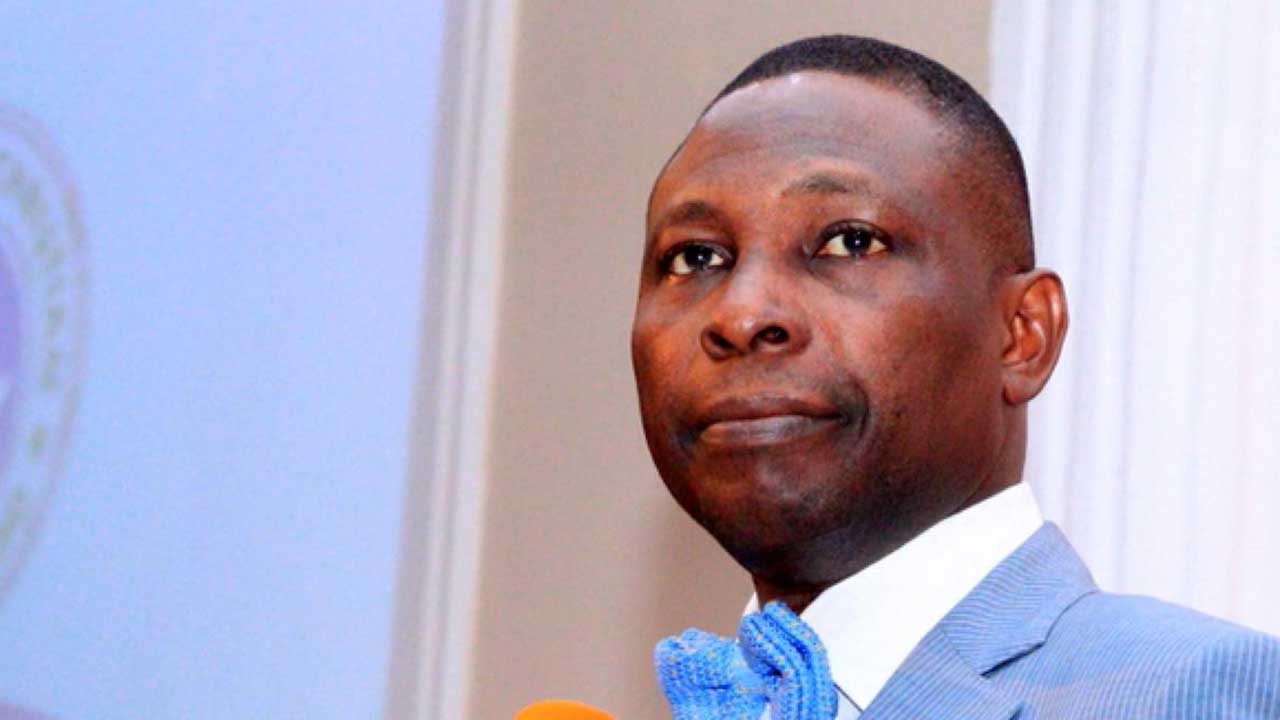
• ‘Nigeria spending heavily on insecurity due to failure to invest in education’
• Schools record low turnout as new session begins
Nigeria’s education system faces an alarming crisis, with 10.2 million children of primary school age, and another 8.1 million of junior secondary school age out of school, the United Nations Children’s Fund (UNICEF) has said.
The UN body further lamented that 74 per cent of children aged 7–14 lack basic reading and math skills, while the dire situation is compounded by increasing attacks on schools, with 19 documented incidents in 2022 and 2023, leading to the closure of 113 schools in Borno, Adamawa, and Yobe states due to insecurity.
Faced with these stark realities that highlight the urgent need for combined action to protect education nationwide, stakeholders yesterday gathered in Abuja to discuss the implications of this on the education sector and its impact on learners while observing the International Day to Protect Education from Attack.
The event, organised by the Federal Ministry of Education and the Universal Basic Education Commission (UBEC) in collaboration with UNICEF, focused on raising awareness about the Minimum Standards for Safe Schools (MSSS) and discussing concrete steps to enhance school safety nationwide.
The Minister of State for Education, Dr. Yusuf Tanko Sununu, emphasised the need to utilise the National Policy on Safety, Security, and Violence-Free Schools (NPSSVFS) and the National MSSS for the operationalisation of safe school policies.
UNICEF Representative in Nigeria, Cristian Munduate, said: “Ensuring our children’s safety in schools is a shared responsibility. MSSS provide a critical framework for protecting education in Nigeria, but it requires all of us to commit to its implementation.”
The discussions were based on evidence from the 2023 Minimum Standards for Safe Schools implementation assessment, which revealed that states, on average, fulfill only nine out of the 21 standards intended to ensure protective learning environments.
However, the Commissioner for Education in Adamawa State, Umar Pella, has said Nigeria is spending so much money to curb insecurity because it failed in the recent past to spend enough money to provide functional education.
Pella, who made the assertion at an event yesterday, noted that education is the greatest victim of the Boko Haram insurgency that has been troubling much of the Northeast.
Umar Pella spoke in Yola during the commemoration of this year’s International Day to Protect Education from Attack, organised by his ministry and an NGO, Education in Emergencies Working Group. According to him, Nigeria’s large pool of uneducated or poorly educated people provides ready hands for entrepreneurs of destruction.
MEANWHILE, schools in Lagos State and its environs yesterday recorded a low turn out of pupils and students as academic activities for the 2024/2025 commence. School owners blamed this on the economic situation; saying though turn up on the first day of resumption is always low, the figures recorded yesterday was too poor.
National President, Association for Formidable Educational Development (AFED), an association of low-fee education service providers, Orji Kanu, said with the current economic situation and cost of books skyrocketing, many parents are finding it difficult to meet their financial obligations.
He said most of the schools have reached an agreement with parents to pay the fees in installments so that the burden would not be too much on them.
Kanu, however, expressed hope that things would get better, so that children can return to school.
Reminding that education is the bedrock of development, Kanu restated call for improved funding of the sector.
Administrative Manager and Public Relations Officer, Jextoban Secondary School, Lagos and Ogun States, Dr. Solesi Abayomi, attributed the low turnout to the various economic challenges facing Nigerians.
Abayomi said the school recorded low turnout as some students failed to come due to financial constraints and fuel scarcity.
Abayomi said the school is hopeful that by the end of the week, they will have more students showing up for lessons.
“Since Sunday, we have been expecting our students to resume en masse, but because of the situation in the country, only a few have shown up. We understand their challenges.”
Abayomi said of the returning students, only a few have made payments for school fees.
On his part, President, National Association of Proprietors of Private Schools (NAPPS), Chief Yomi Otubela, said most of his members are exploring flexible payment plans and are working closely with parents to ensure that no child is left behind because of financial difficulties.
While admitting that it is a challenging time for everyone, including private school owners, Otubela said the group is doing its best to maintain the balance between delivering quality education and being sensitive to the economic realities faced by parents.
“However, it is important to note that schools are also facing increased operational costs, which include salaries, utility bills, and maintenance, but we will continue to explore ways to reduce the financial strain on parents.”
While urging the government to prioritise support for the sector, the association sought greater collaboration between private schools and government agencies to address some of the pressing challenges.
Specifically, he advocated policies that would help in reducing operational costs for private schools, such as subsidised access to teaching resources, lower taxes on educational materials, concessionary interest on single digits to members seeking loans, and partnerships that improve access to technology.
He said: “We believe that considerable support grants from government to private schools will place more private schools in good stead to significantly reduce the increasing number of over 18 million out-of -school children in the country.
“We also hope the government will increase funding for teacher training programs and offer financial incentives for schools to improve infrastructure. This partnership will not only ease the burden on private schools but also ensure that Nigerian students, regardless of their background, receive a world-class education.”






